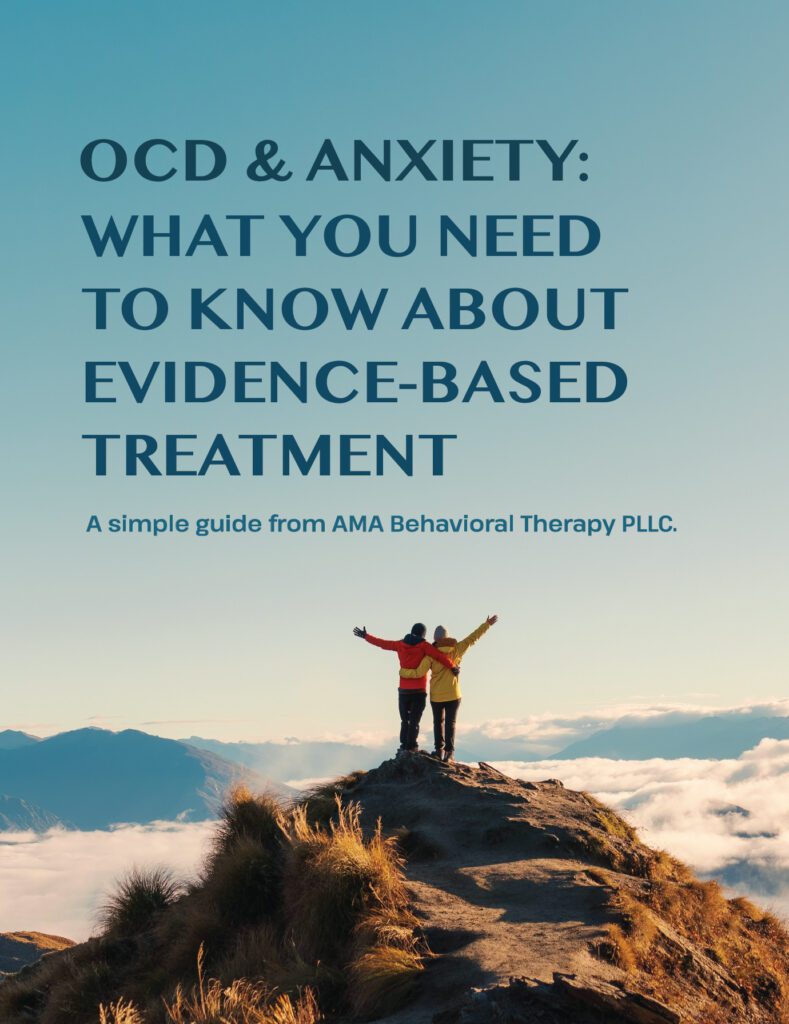1. Always expect the unexpected.
You can have an obsessive thought at any time or any place. Don’t be surprised when old or even new ones occur. Don‘t let it throw you. Be prepared to use your therapy tools at any time and in any place. Also, if new thoughts appear, be sure to tell your therapist so you can keep them informed.
2. Be willing to accept risk.
Risk is an integral part of life, and as such it cannot be completely gotten rid of. Remember that not recovering is the biggest risk of all.Dr. Fred Penzel’s 25 Tips for SucceedinDr. Succeedin……
8/5/25, 11:16 AM 25 Tips for Succeeding in Your OCD Treatment | IOCDF https://iocdf.org/expert-opinions/25-tips-for-ocd-treatment/ 1/7
3. Never seek reassurance from yourself or others.
Instead, tell yourself the worst will happen, is happening, or has already happened. Reassurance will cancel out the effects of anytherapy homework you use it on and prevent you from improving. Reassurance-seeking is a compulsion, no matter how you may tryto justify it.
4. Always try hard to agree with all obsessive thoughts
Never analyze, question, or argue with them. The questions they raise are not real questions, and there are no real answers to them.Try not to get too detailed when agreeing — simply say the thoughts are true and real.
5. Don’t waste time trying to prevent or not think your thoughts.
This will only have the opposite effect and lead to thinking more thoughts. Studies have shown that you cannot effectively stop orpush down particular thoughts. Your motto should be, “If you want to think about them less, think about them more.”
6. Try to not be a black-and-white, all-or-nothing thinker
Don’t tell yourself that one slip up means you are now a total failure. If you slip and do a compulsion, you can always turn it aroundand do something to cancel it. The good news is that you are in this for the long haul, and you always get another chance. It is normalto make mistakes when learning new skills, especially in therapy. It happens to everyone now and then. Accept it. Even if you have abig setback, don’t let it throw you.
Remember the saying, “A lapse is not a relapse.” This means that you never really go back to square one. To do that, you would haveto forget everything you have learned up to that point, and that really isn’t possible. Also remember the sayings, “Never confuse asingle defeat with a final defeat,” (F. Scott Fitzgerald) and, as they say in AA, “You can always start your day over.”


